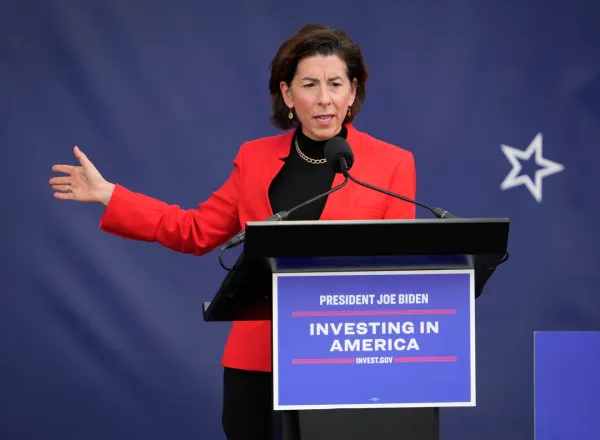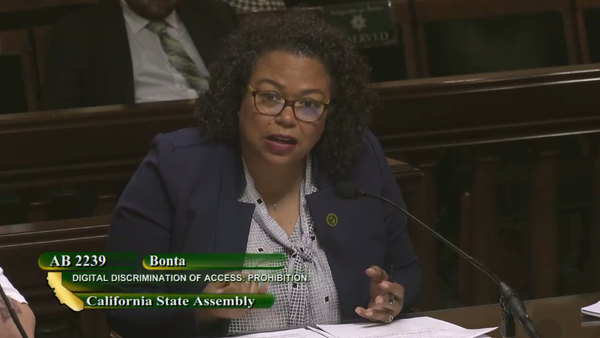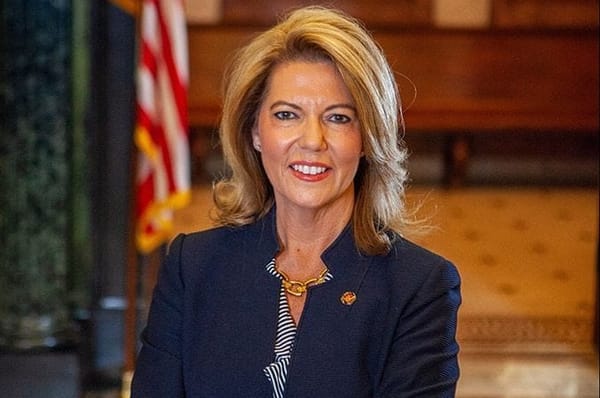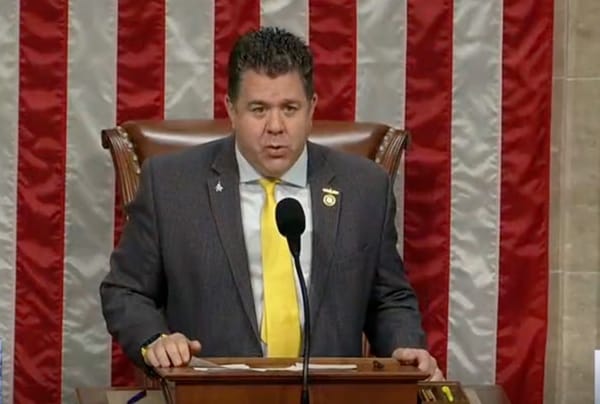Biden, Top Officials and Executives To Discuss Intellectual Property
WASHINGTON, December 14, 2009 – Vice President Joe Biden is scheduled to hold a roundtable discussion Tuesday on the Obama Administration’s commitment to enforcing laws against intellectual property infringement. “This White House meeting is the first of its kind, and will bring together all of the
WASHINGTON, December 14, 2009 – Vice President Joe Biden is scheduled to hold a roundtable discussion Tuesday on the Obama Administration’s commitment to enforcing laws against intellectual property infringement.
“This White House meeting is the first of its kind, and will bring together all of the stakeholders to discuss ways to combat piracy in this rapidly changing technological age,” according to a White House press release.
The event, which is set to kick off at 3:15 p.m., is expected to be attended by Attorney General Eric Holder, Homeland Security Secretary Janet Napolitano, Commerce Secretary Gary Locke, Federal Bureau of Investigation Director Robert Mueller, and United States Secret Service Director Mark Sullivan, along with other government officials.
Attending the meeting will be CEOs and senior staff from major corporations such as Sony Pictures Entertainment, Warner Brothers Entertainment, Time Warner, Viacom, NBC Universal, Warner Music Group, Harper Collins, News Corporation, and The Walt Disney Company. Also slated to attend include the heads of the Motion Picture Association of America, Recording Industry Association of America, The International Alliance of Theatrical Stage Employees, Moving Picture Technicians, Artists and Allied Crafts of the United States, National Music Publishers’ Association, American Federation of Television and Radio Artists, Directors Guild of America, and Screen Actors Guild.
Editor’s Note: Broadband Census News is planning to hold a special event, “Net Neutrality, Copyright Protection, and the National Broadband Plan Town Hall Meeting,” on January 19, 2010, from 8 a.m. to 11 a.m. (program from 9 a.m. to 11 a.m.), at Clyde’s of Gallery Place. To register for the event, which includes breakfast from 8 a.m. to 9 a.m. To register,
click here.







